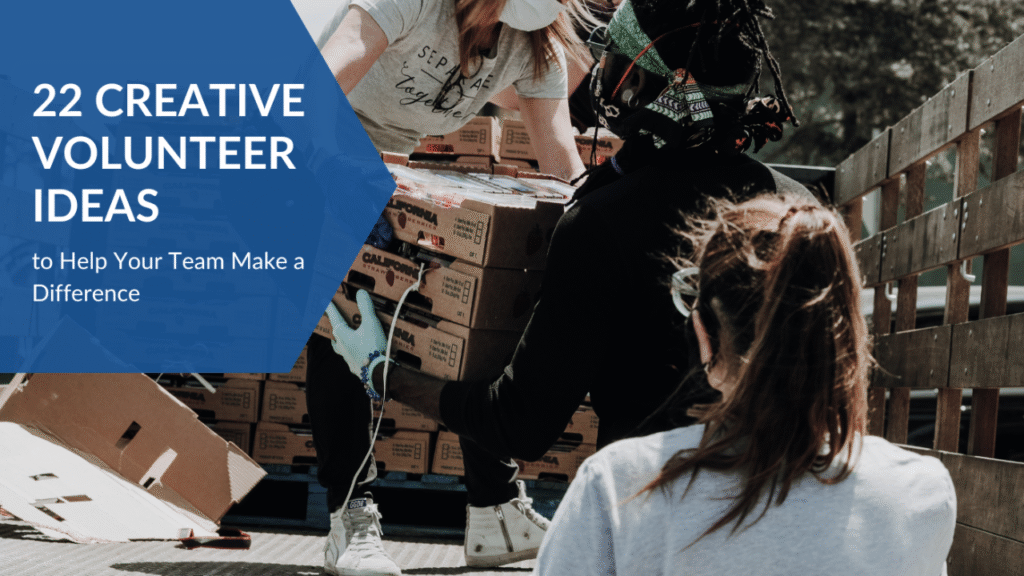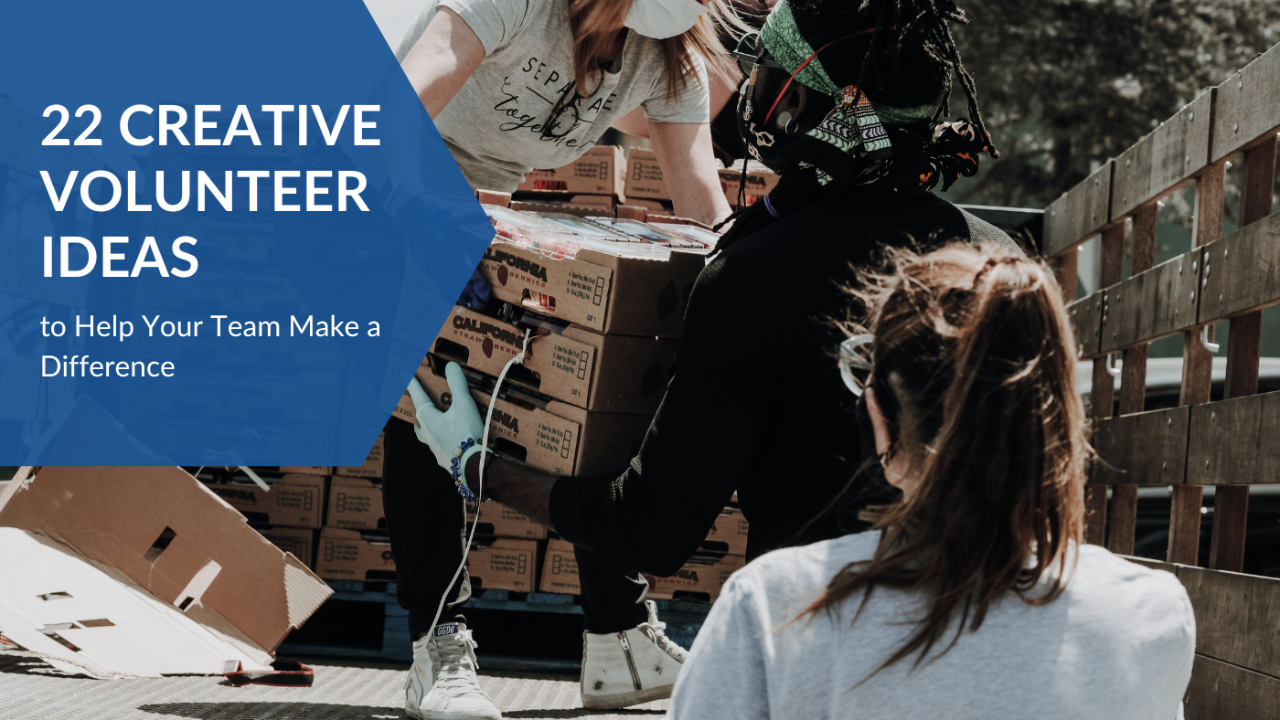
The path from community volunteer to elected public official is one marked by dedication, perseverance, and a passion for public service. Many public leaders begin their careers by engaging deeply within their local communities, building trust, understanding grassroots issues, and mobilizing support. This article explores how community volunteering serves as a vital foundation for political leadership, the skills gained along the way, and examples of individuals who have successfully transitioned from volunteer roles to public office.
The Role of Community Volunteering in Political Leadership
Community volunteering is often the first step toward public office. Volunteers engage with residents, nonprofits, and local government initiatives, gaining firsthand knowledge of community needs and challenges. This involvement not only builds a candidate’s local profile but also cultivates leadership skills that are crucial for political success.
Key Benefits of Starting as a Community Volunteer
1. Deep Understanding of Community Issues:
Volunteering exposes individuals to the lived experiences of diverse populations, providing insights into the social, economic, and cultural factors affecting constituents.
2. Building Trust and Relationships:
Consistent volunteer work helps build trust with community members and stakeholders, essential for political campaigns and governance.
3. Skill Development:
Volunteers develop key skills including organizing events, public speaking, fundraising, conflict resolution, and teamwork.
4. Creating a Support Base:
Volunteers build networks that often become the foundation for campaign volunteers, donors, and endorsers.
5. Enhancing Credibility:
Demonstrated commitment through volunteering boosts a candidate’s credibility and authenticity in the eyes of voters.
Common Steps from Volunteerism to Public Office
- Initial Engagement:
Starting with local nonprofits, neighborhood associations, or issue-specific groups. - Leadership Roles in Volunteering:
Taking on roles such as committee chairperson, event organizer, or advocacy coordinator. - Community Recognition:
Gaining visibility and recognition through consistent involvement and successful projects. - Networking with Political Figures:
Building relationships with local politicians, party organizations, and civic leaders. - Launching a Political Campaign:
Using community connections and leadership experience to run for local office such as city council, school board, or county commissions.
Table: Skills and Experiences Gained Through Community Volunteering Relevant to Public Office
| Skill/Experience | Description | Political Office Application | Example | Development Opportunity |
|---|---|---|---|---|
| Community Needs Assessment | Understanding and identifying local issues | Crafting responsive policies | Volunteering in housing advocacy | Surveys, community meetings |
| Public Speaking | Communicating effectively to diverse audiences | Campaign speeches, town halls | Leading neighborhood forums | Workshops, public events |
| Event Organization | Planning and executing community events | Campaign rallies, fundraisers | Organizing charity drives | Volunteer coordination |
| Fundraising | Raising resources for causes | Campaign financing | Soliciting donations for nonprofits | Fundraising training |
| Conflict Resolution | Navigating disputes and building consensus | Mediating constituent concerns | Resolving community disagreements | Mediation seminars |
Real-Life Examples of Volunteers Turned Public Officials
- Maria Lopez:
Started as a volunteer at a local food bank, Maria eventually ran for city council. Her intimate knowledge of food insecurity informed her policies, earning wide community support. - David Kim:
Active in youth mentorship programs, David leveraged his volunteer networks to launch a successful school board campaign focused on educational equity. - Anita Singh:
Volunteered for immigrant rights groups before becoming a state legislator, using her grassroots experience to advocate for comprehensive immigration reform.
Challenges in Transitioning from Volunteer to Public Office
- Resource Limitations:
Campaigning requires financial and human resources that may exceed those available in volunteer roles. - Political Knowledge Gap:
Volunteers may initially lack familiarity with political procedures, election laws, and campaign strategies. - Balancing Commitments:
Managing personal, professional, and political responsibilities can be demanding. - Overcoming Political Barriers:
Entrenched political networks and incumbents can pose obstacles to new candidates.
Strategies for a Successful Transition
- Seek Mentorship:
Engage experienced politicians or campaign managers for guidance. - Continue Education:
Participate in leadership programs, workshops, and political training. - Build a Diverse Team:
Recruit skilled volunteers and staff with expertise in campaign management, communications, and fundraising. - Leverage Community Support:
Mobilize grassroots supporters for canvassing, events, and endorsements. - Maintain Authenticity:
Stay connected to community roots and values throughout the campaign and office tenure.
Overview Table: From Volunteer to Public Office — Key Stages and Considerations
| Stage | Description | Skills Developed | Challenges | Support Needed |
|---|---|---|---|---|
| Community Engagement | Initial volunteering in local organizations | Relationship-building, problem-solving | Time management | Volunteer opportunities |
| Leadership in Volunteering | Taking on leadership roles within volunteer groups | Public speaking, organizing | Balancing roles | Leadership training |
| Political Networking | Connecting with political figures and groups | Networking, advocacy | Access to networks | Mentorship |
| Campaign Launch | Officially running for office | Fundraising, strategy, communication | Resource constraints | Campaign team, funding |
| Holding Office | Governing and representing constituents | Policy-making, constituent relations | Political pressures | Ongoing community engagement |
FAQs
Q1: How does volunteering prepare someone for public office?
A1: Volunteering builds leadership skills, community trust, and a deep understanding of local issues essential for effective political leadership.
Q2: What are common challenges volunteers face when running for office?
A2: Limited resources, political experience gaps, and balancing multiple commitments are typical obstacles.
Q3: What advice helps volunteers successfully transition to public office?
A3: Seek mentorship, continue education, build a strong team, and remain authentic to community values.

